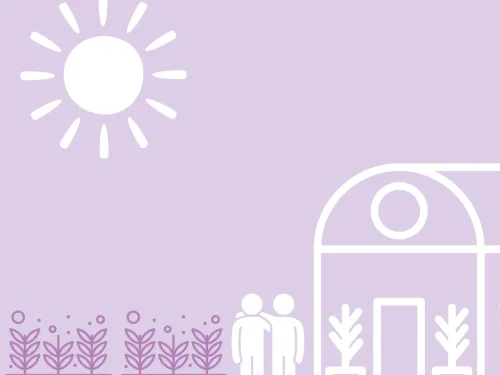
Sustainable food growing
On this page you'll find useful tips on how to grow food in ways that help your community and the biodiversity around it
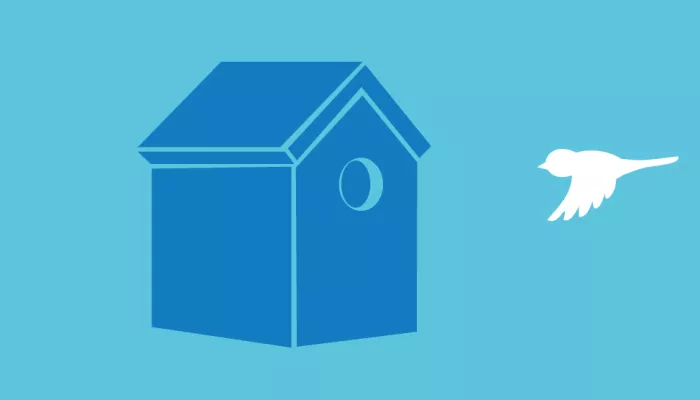
Nestboxes can harbour parasites so it is good practice to take them down at the end of the season and give them a clean. Likewise it is important to keep bird feeders clean to stop the spread of diseases.
Clean feeders and feeding sites regularly using warm soapy water or 5%. Make sure to rinse any disinfectant off thoroughly and always allow feeders to air-dry completely before adding food.
Brushes and equipment used to clean feeders, tables and baths shouldn’t be used for other purposes. Rubber gloves should be worn and hands washed afterwards.
After the end of each breeding season, all nestboxes should be taken down, old nesting materials removed, and the box should be scalded with boiling water to kill any parasites. Do not use insecticides or flea-powders – boiling water is adequate. Annual cleaning should only be carried out at the end of the breeding season, from late September to February.
Under the terms of the Wildlife and Countryside Act 1981, if unhatched eggs are found in the box, they can only legally be removed from October to January inclusive, and they must be destroyed – it is illegal to keep them.
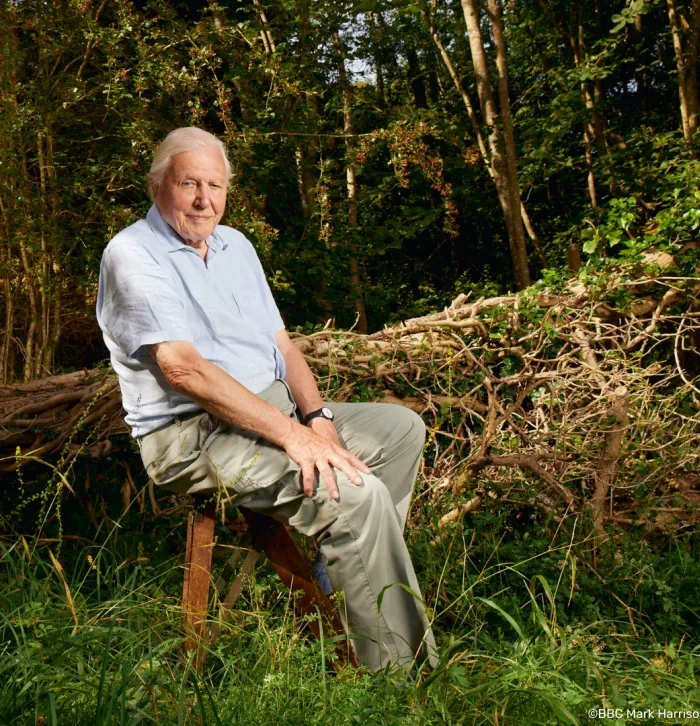

On this page you'll find useful tips on how to grow food in ways that help your community and the biodiversity around it
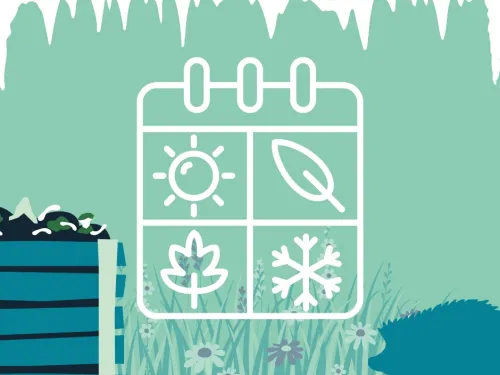
In this page you'll find an array of information to how to best help wildlife over the changing seasons each year
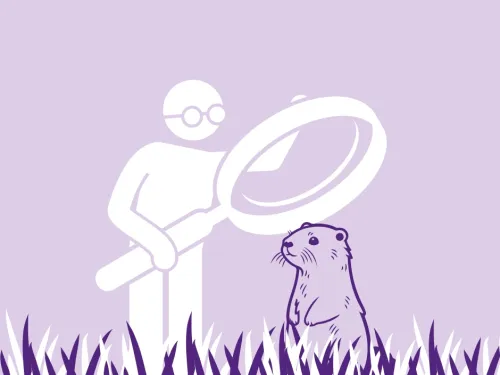
On this page you'll find exciting information on getting involved with citizen science project in your own home and community
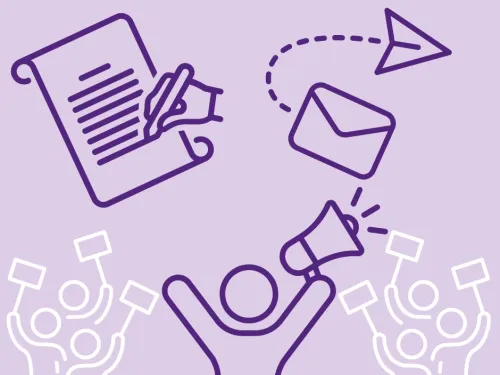
On this page you'll find useful information on how to take environmental action from home and in your community
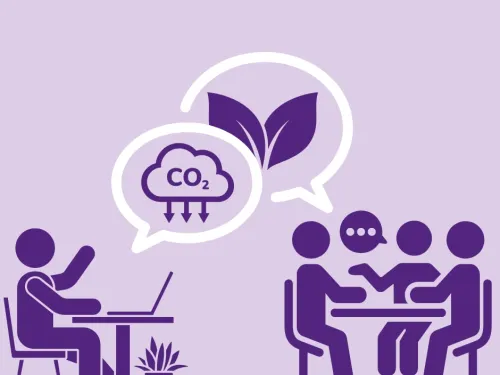
On this page you'll find useful information on how to reach out to others about nature & the environment

On this page you'll find excellent tips on how to shop sustainably and be mindful of what you're eating